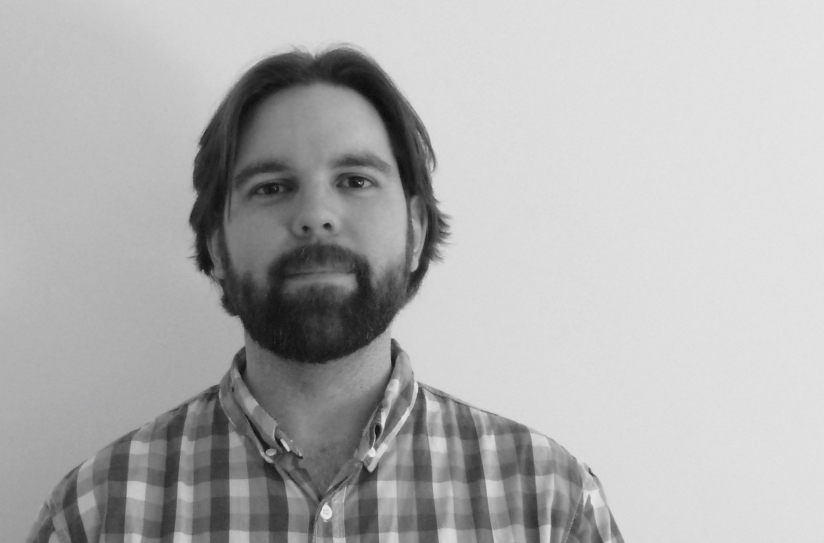Tim Wighton (b. 1986)
Engineering patternmaker, woodworker, Victoria
Apprenticed in engineering patternmaking at Bradken Wodonga 2006-2008.
I was quite lucky, actually, looking back. The first three or four years of my apprenticeship there was no rapid prototyping or CNC or anything like that. Through the shop – everything was made by hand. So the original pattern would be all fully machined or hand machined, hand carved, and then from that you would make your blue gel patterns. […] It was another lucky thing, the year I started my apprenticeship, it was also the year that Wally Gore restarted the Trade School down in Melbourne.

Probably the job stands out most to me was in my third year of my apprenticeship: there was a giant gear that drove one of the major bits of machinery in the green sand … and had been made back when the plant was built in the 50s and forgotten about, but by the time I got to third year, it had worn out completely. So as the apprentice, and I s’pose as a way just to test me out, sort of thing, or put me back in my place, one or the other, they gave it to me to make the pattern, so that they could cast the gear themselves …
So I was given the drawing and just told “You can do what you want”. There is no, no one was going to help, you know, the methoders weren’t gonna tell you what to do, you can just decide how the job is going to be made. …
I found that the original engineer had actually done it wrong. … That was quite, you know, empowering as an apprentice, to sit down with all the other people and actually be listened to and taken seriously. … So that was a really fun job and I felt quite grateful to do that, because now that I’m out in the world I’ve met other tradesmen, other patternmakers.
You don’t get that opportunity anymore. Most people would just machine it … you know, or they’d 3D print the pattern or they’d do something like that, because any of those CAD programs, you know, you put in two or three numbers and it generates the whole gear now. There’s no, you’re not sitting there with dividers and compasses, and doing it all by hand.
I think all of us, and Wally encouraged us, to see what we were learning at Trade School … as a ‘step’, to try and actually go out and get the CAD side of things, … get the CNC experience. Sort of not to be afraid of that change but that was more of an evolution of the training, than an actual end point. But … it doesn’t seem like that these days. I dunno, businesses seem to think patternmakers are hand-tool people, whereas they would rather get an engineering graduate … which is difficult, I s’pose, ‘cos the poor engineering graduate doesn’t know anything about foundry, because foundry is a very specialised thing by itself.
Tim Wighton’s interview is held with the National Library of Australia.






